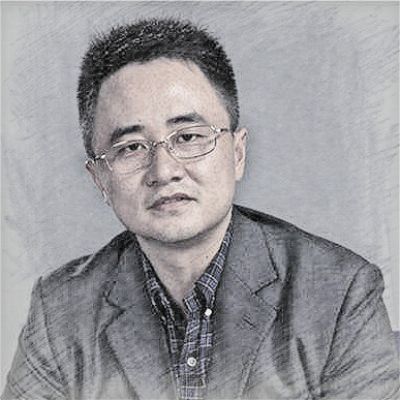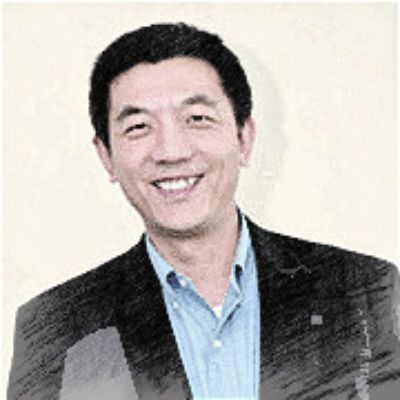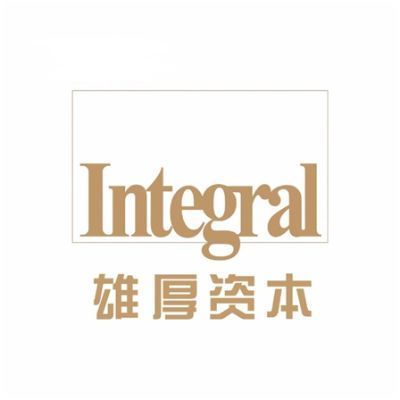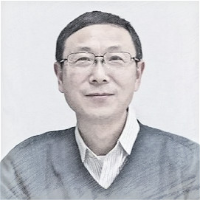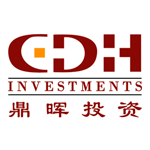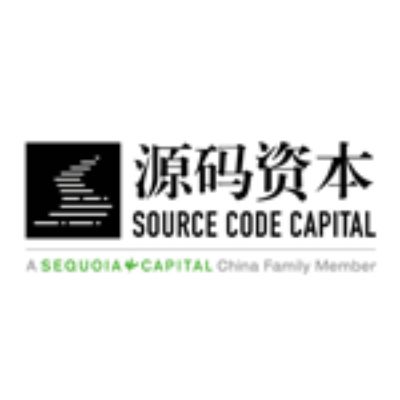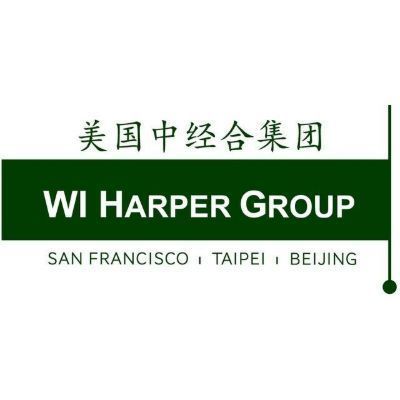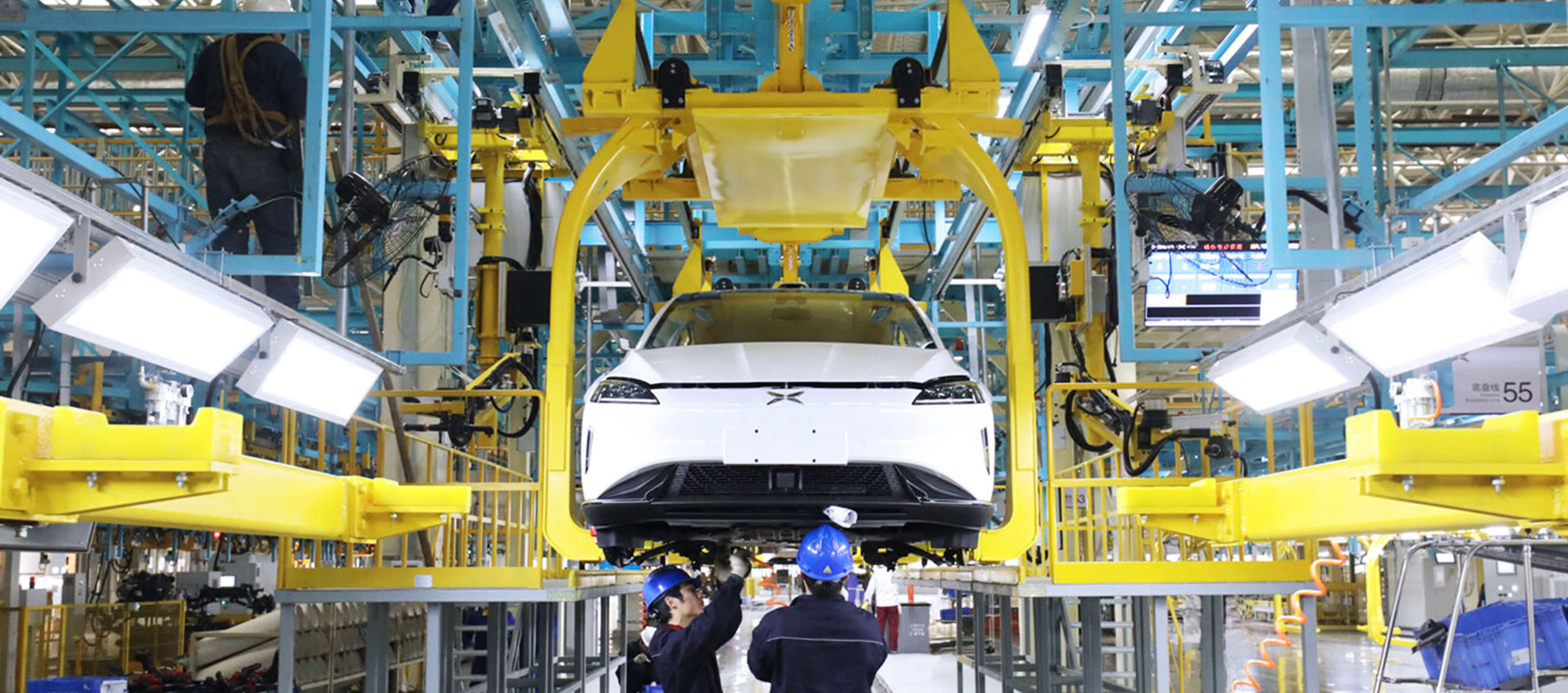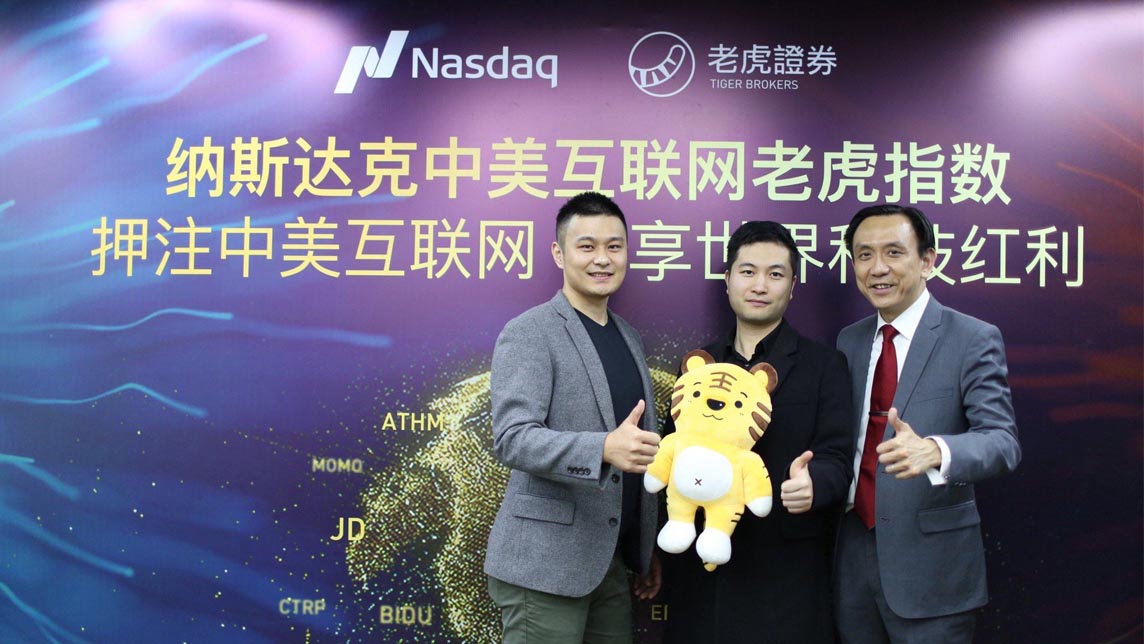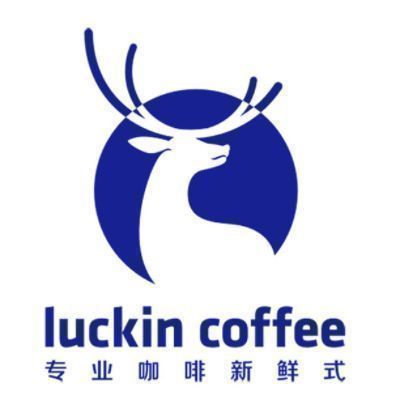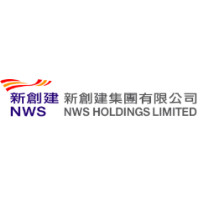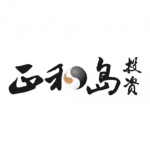US-China trade war
-
DATABASE (997)
-
ARTICLES (687)
Wang Gang is an angel investor and a former senior director at Alibaba. His investments are concentrated in the internet, mobile internet and e-commerce sectors, in over 70 companies to date in both China and the US; including Didi, Uucars (formerly Uuzuche), ofo and Huajuan.
Wang Gang is an angel investor and a former senior director at Alibaba. His investments are concentrated in the internet, mobile internet and e-commerce sectors, in over 70 companies to date in both China and the US; including Didi, Uucars (formerly Uuzuche), ofo and Huajuan.
Founder and CEO of Mommy Knows
Liang graduated from Fudan University with a bachelor's degree in Physics in 2004 and received his MBA from the Hong Kong University of Science and Technology in 2013. He worked as an account manager at GE from 2004 to 2008. In 2010, Liang joined Aramark, a US food service, facilities, and uniform services provider, and served successively as business development manager and regional operations director. After returning to China in 2014, he founded Shenzhen Easyhin Technology Co., Ltd.
Liang graduated from Fudan University with a bachelor's degree in Physics in 2004 and received his MBA from the Hong Kong University of Science and Technology in 2013. He worked as an account manager at GE from 2004 to 2008. In 2010, Liang joined Aramark, a US food service, facilities, and uniform services provider, and served successively as business development manager and regional operations director. After returning to China in 2014, he founded Shenzhen Easyhin Technology Co., Ltd.
Joe Zhou graduated from Beijing University of Technology in 1982 and worked five years as a lecturer at his alma mater. In 1987, he went to study in the US and obtained a master’s at the New Jersey Institute of Technology in 1989. He stayed in New Jersey and worked for five years at AT&T Bell Labs and its spin-off Lepton Inc.In 1995, Zhou returned to work in China as the VP of UTStarcom China until 1999 when he joined Softbank China Venture Capital as the head of its Beijing office. In October 2001, he became a partner at Softbank’s SAIF for five years. In 2007, he became a founding managing partner at Kleiner Perkins Caufield & Byers China. In April 2008, he co-founded Keytone Ventures as managing partner.
Joe Zhou graduated from Beijing University of Technology in 1982 and worked five years as a lecturer at his alma mater. In 1987, he went to study in the US and obtained a master’s at the New Jersey Institute of Technology in 1989. He stayed in New Jersey and worked for five years at AT&T Bell Labs and its spin-off Lepton Inc.In 1995, Zhou returned to work in China as the VP of UTStarcom China until 1999 when he joined Softbank China Venture Capital as the head of its Beijing office. In October 2001, he became a partner at Softbank’s SAIF for five years. In 2007, he became a founding managing partner at Kleiner Perkins Caufield & Byers China. In April 2008, he co-founded Keytone Ventures as managing partner.
Co-founder of Xendit
Vivek Ahuja graduated from the United States Naval Academy with a Quantitative Economics degree in 2008. He went on to receive training for nuclear engineering and submarine officer roles in the US Navy, serving on the nuclear submarine USS Michigan for three years. He left the US Navy in 2013 to pursue an MBA at the University of California, Berkeley. Ahuja was briefly involved as a co-founder of payments gateway Xendit, but left the startup to join fintech company Affirm Inc in 2015.
Vivek Ahuja graduated from the United States Naval Academy with a Quantitative Economics degree in 2008. He went on to receive training for nuclear engineering and submarine officer roles in the US Navy, serving on the nuclear submarine USS Michigan for three years. He left the US Navy in 2013 to pursue an MBA at the University of California, Berkeley. Ahuja was briefly involved as a co-founder of payments gateway Xendit, but left the startup to join fintech company Affirm Inc in 2015.
Integral was founded in 2011 by a group of experienced entrepreneurs, investment bankers and wealth management professionals. It has funds under management of more than US$300 million. Targeting startups in Greater China, Integral has eight years of investment experience in the fields of TMT, healthcare, internet and consumer products.
Integral was founded in 2011 by a group of experienced entrepreneurs, investment bankers and wealth management professionals. It has funds under management of more than US$300 million. Targeting startups in Greater China, Integral has eight years of investment experience in the fields of TMT, healthcare, internet and consumer products.
CEO and Founder of CH Biomedical
Chen Chen is an expert in artificial heart development. After graduating from Tsinghua University with a major in Thermal Engineering in 1984, he switched to study Biomechanics in Sichuan University and received a doctorate in 1991.He lectured at Nanjing University from 1991 to 1996 before going to Japan to continue his research on artificial heart technology and development. He was a visiting scholar at the University of Tokyo for one year until 1997.In 1999, Chen was headhunted and joined a US startup to work on developing an artificial heart (LVAD) product Levacor. The startup was later acquired by World Heart Corporation and Chen became its chief engineer. World Heart decided to shut down the program in 2006 because the product was too big to be placed inside a human chest.Chen went back to China in 2007 to found CH Biomedical to build a smaller LVAD device.
Chen Chen is an expert in artificial heart development. After graduating from Tsinghua University with a major in Thermal Engineering in 1984, he switched to study Biomechanics in Sichuan University and received a doctorate in 1991.He lectured at Nanjing University from 1991 to 1996 before going to Japan to continue his research on artificial heart technology and development. He was a visiting scholar at the University of Tokyo for one year until 1997.In 1999, Chen was headhunted and joined a US startup to work on developing an artificial heart (LVAD) product Levacor. The startup was later acquired by World Heart Corporation and Chen became its chief engineer. World Heart decided to shut down the program in 2006 because the product was too big to be placed inside a human chest.Chen went back to China in 2007 to found CH Biomedical to build a smaller LVAD device.
A spinoff from Chinese investment bank China International Capital Corp, CDH has its roots in private equity. It started in 2002, raising its first fund of US$102 million. As of end-2015, it had over US$15 billion in assets under management, spanning private equity, public equities, real estate and more. It has invested in more than 150 companies, including WH Group, Belle International, Mengniu Dairy, Qihoo 360 and Luye Pharma; and has offices in Beijing, Hong Kong, Shanghai, Shenzhen, Singapore and Jakarta.
A spinoff from Chinese investment bank China International Capital Corp, CDH has its roots in private equity. It started in 2002, raising its first fund of US$102 million. As of end-2015, it had over US$15 billion in assets under management, spanning private equity, public equities, real estate and more. It has invested in more than 150 companies, including WH Group, Belle International, Mengniu Dairy, Qihoo 360 and Luye Pharma; and has offices in Beijing, Hong Kong, Shanghai, Shenzhen, Singapore and Jakarta.
Founded by Matt Cheng, a leading angel investor, serial entrepreneur and top-ranked ITF world junior tennis player, in 2010, Cherubic Ventures is an early-stage venture capital firm with coverage across Silicon Valley and Greater China. With US$120 million of assets under management, it has invested in 100+ companies.
Founded by Matt Cheng, a leading angel investor, serial entrepreneur and top-ranked ITF world junior tennis player, in 2010, Cherubic Ventures is an early-stage venture capital firm with coverage across Silicon Valley and Greater China. With US$120 million of assets under management, it has invested in 100+ companies.
Founded in 2014 by Cao Yi, formerly of Sequoia Capital and Ceyuan Ventures, Source Code Capital currently manages about US$500 million of capital, focusing on early-stage TMT (especially fintech, O2O, e-commerce) investments. Notable investments have included Qufenqi, Meituan, and PPzuche. Source Code Capital is part of the Sequoia Capital China.
Founded in 2014 by Cao Yi, formerly of Sequoia Capital and Ceyuan Ventures, Source Code Capital currently manages about US$500 million of capital, focusing on early-stage TMT (especially fintech, O2O, e-commerce) investments. Notable investments have included Qufenqi, Meituan, and PPzuche. Source Code Capital is part of the Sequoia Capital China.
Founded in 2008, Bertelsmann Asia Investments (BAI) is an evergreen fund wholly owned by Bertelsmann focusing on private equity investment in the Greater China Region. With over US$1 billion under management, BAI mainly invests in high-growth startups in industries including consumer upgrades, mobile sea, online education, financial services, mobile health and enterprise services.
Founded in 2008, Bertelsmann Asia Investments (BAI) is an evergreen fund wholly owned by Bertelsmann focusing on private equity investment in the Greater China Region. With over US$1 billion under management, BAI mainly invests in high-growth startups in industries including consumer upgrades, mobile sea, online education, financial services, mobile health and enterprise services.
Sky9 Capital is founded by the former co-founder and managing director of Lightspeed China Partners, Cao Darong. As an early-stage venture capital firm, it focuses on investing in TMT (Technology, Media and Telecommunications), especially Internet innovation and enterprise services. The company has a strong presence in Beijing, Shanghai, Shenzhen and Silicon Valley in the US.
Sky9 Capital is founded by the former co-founder and managing director of Lightspeed China Partners, Cao Darong. As an early-stage venture capital firm, it focuses on investing in TMT (Technology, Media and Telecommunications), especially Internet innovation and enterprise services. The company has a strong presence in Beijing, Shanghai, Shenzhen and Silicon Valley in the US.
One of the earliest backers of Chinese internet firms, most famously Tencent and JD.com, Hillhouse Capital is a US$20 billion fund today. Founded in 2005 by Zhang Lei, a Yale School of Management graduate (the initial US$20 million used to start Hillhouse came from the Yale Endowment), the long-term fundamental equity investor is focused on China and Asia, particularly the consumer, TMT, industrials and healthcare sectors. It manages capital for institutional clients, e.g., university endowments, foundations, sovereign wealth funds and pension funds, and invests across all equity stages.
One of the earliest backers of Chinese internet firms, most famously Tencent and JD.com, Hillhouse Capital is a US$20 billion fund today. Founded in 2005 by Zhang Lei, a Yale School of Management graduate (the initial US$20 million used to start Hillhouse came from the Yale Endowment), the long-term fundamental equity investor is focused on China and Asia, particularly the consumer, TMT, industrials and healthcare sectors. It manages capital for institutional clients, e.g., university endowments, foundations, sovereign wealth funds and pension funds, and invests across all equity stages.
Founded in 1993, WI Harper Group is a venture capital firm investing in early to growth stage companies across the US, Greater China and Asia Pacific. The group has invested in more than 400 companies in the fields of healthcare, biotech, artificial intelligence, robotics, fintech, sustainability and new media. It manages seven venture capital funds with over 100 successful IPO and M&A exits. With three strategic offices in San Francisco, Beijing and Taipei, the group seeks investment opportunities both in the US and Asia.
Founded in 1993, WI Harper Group is a venture capital firm investing in early to growth stage companies across the US, Greater China and Asia Pacific. The group has invested in more than 400 companies in the fields of healthcare, biotech, artificial intelligence, robotics, fintech, sustainability and new media. It manages seven venture capital funds with over 100 successful IPO and M&A exits. With three strategic offices in San Francisco, Beijing and Taipei, the group seeks investment opportunities both in the US and Asia.
Co-founder of Mapan by Ruma
After graduating with an Industrial Engineering degree from Purdue University in the US, Sean DeWitt became a management consultant at PricewaterhouseCoopers. He later worked at the US Department of State and the Fund for New York City.In 2007, he joined the nonprofit Grameen Foundation that was established by Grameen Bank founder Muhammad Yunus. As part of the nonprofit, he helped Aldi Haryopratomo establish the social enterprise Ruma. DeWitt currently works for the World Resource Institute. He also holds master’s degrees in Development Finance and Environmental Economics from the University of London.
After graduating with an Industrial Engineering degree from Purdue University in the US, Sean DeWitt became a management consultant at PricewaterhouseCoopers. He later worked at the US Department of State and the Fund for New York City.In 2007, he joined the nonprofit Grameen Foundation that was established by Grameen Bank founder Muhammad Yunus. As part of the nonprofit, he helped Aldi Haryopratomo establish the social enterprise Ruma. DeWitt currently works for the World Resource Institute. He also holds master’s degrees in Development Finance and Environmental Economics from the University of London.
China’s startups have much to gain from the US-China trade war
The prolonged trade conflict may be exactly what Chinese startups need to strengthen their technological capabilities
Will Shanghai's new tech board be home to China’s next BAT?
As China’s new Nasdaq-style board speeds to welcome its first IPOs, here’s a look at what’s changed for Chinese tech firms listing in the mainland, and if it could be pivotal in the emerging tech cold war
Lu Qi: Before Baidu and Y Combinator, there was Bing
The AI legend was also an impoverished child, whose ambition was to become a shipyard worker
Chinese startups feel the chill of capital winter as VC activities slow
The goods news is investors still have plenty of money. They just become more cautious when making investment decisions
New sectors, strategies come into play as investors respond to China's Big Tech curbs
Amid the crackdown on China’s tech giants, some investors are sussing out less risky sectors, while heavyweights like BlackRock and Fidelity stay in for the long haul
Chinese EV startups feel the heat as Tesla slashes prices, market subsidies ending
Tesla's recent price cuts and upcoming Shanghai plant for producing cheaper cars are increasing pressure on its Chinese rivals
Tiger Brokers, a Chinese online brokerage for trading foreign stocks, announces US IPO
The Jim Rogers-backed fintech startup wants to raise US$150 million as it sees growing demand from younger Chinese investors
After a Covid-led boom in 2020, what next for China's K-12 edtech?
Unicorns Yuanfudao and Zuoyebang raised more than $6bn combined last year as demand for online learning continues to grow, but some smaller players are running out of cash
More than desire: When resale sneakers become objects of speculation
Sneaker resale platforms like Poizon and Nice feel the heat as China regulators panned such trading for getting out of control
Now called Wanwu Xinsheng, the startup recycles over 70,000 used electronic goods in China daily, clocking over RMB 2bn of transactions every month
SoccerDream: World's first VR soccer training platform to launch in China, US
SoccerDream uses virtual reality to boost trainee players' performance on the field by 36% compared to their peers
From China, Clever Home to build “Home Depot” marts in Africa
Combining B2B2C and O2O models, Clever Home is turning its 40,000sqm trade center in Nigeria into the "Yiwu marketplace" for Chinese companies looking to set up shop in Africa
Tiger Brokers: At the right place, at the right time
China’s new middle-class elite is educated and tech-savvy – and they want to put their money in US stocks. A fintech app is cashing in on this
Mobike founder Hu Weiwei: A crazy idea that touched millions of lives
In just three years, Hu Weiwei has changed the way over 150 million people travel in the city with her company’s dockless bikes
Codemao, China's pioneer in online coding lessons for kids, targets IPO
Codemao has taught over 30m children in China how to code with its proprietary online tools, including cartoons, mobile apps and curriculum, even its own coding language
Sorry, we couldn’t find any matches for“US-China trade war”.


